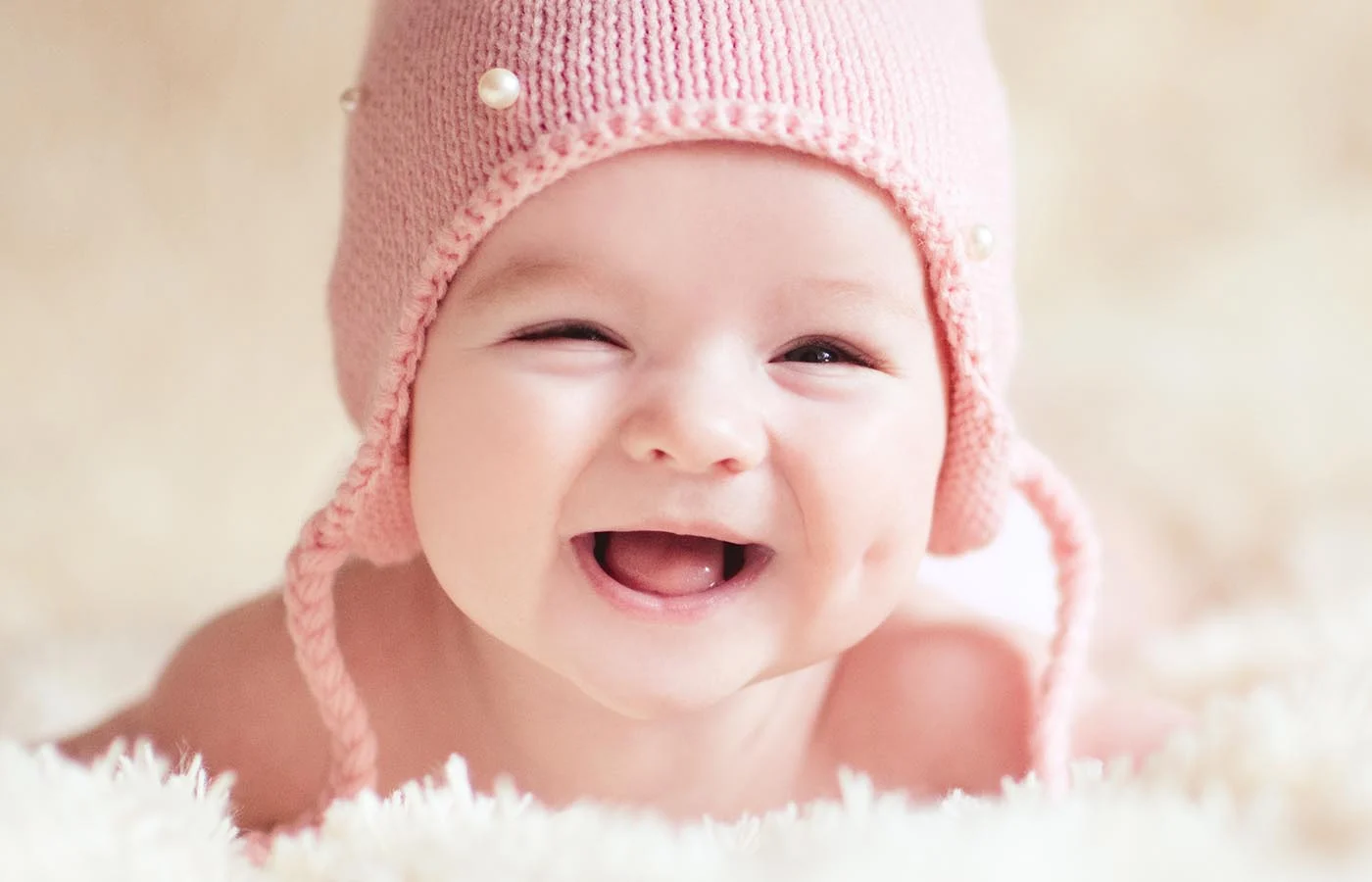When I discovered I was expecting my second son, I experienced a tinge of sadness. I realized he would be my last child, and while I knew I would adore him just as much as my first son, I mourned the fact that I wouldn’t have a daughter. It wasn’t about wanting a little girl to braid hair or discuss boys and fashion with; those interests never appealed to me. I recognized that having a daughter doesn’t guarantee a “girly” child, as gender is a social construct. However, I did fall into the stereotype that having a girl would mean raising a more sensitive, emotionally expressive child—someone who would confide in me like my closest female friends.
I also considered the other side of the coin: the potential chaos of us both experiencing hormonal swings and clashing during the teen years. While I haven’t reached that stage yet, after nearly a decade of parenting my two sons, I can confidently say I was mistaken—seriously mistaken. Boys can be just as emotional as girls. They can be moody, sensitive, and a whirlwind of feelings. If given the chance, they can forge deep connections and share their innermost thoughts with you.
Like many, I’ve been influenced by societal gender norms, but I made a conscious choice to allow my boys to express their emotions freely. When they were younger, I acknowledged their feelings, even if it was over something as trivial as the shape of their toast. I never told them to “man up” when they cried. Instead, I equipped them with the tools to be resilient, all while reassuring them that their emotions were valid and nothing to hide.
And let me tell you, my sons have a wealth of feelings—they’re emotional whirlwinds! Just this past weekend, we purchased a new car to replace our trusty Honda, which had been with us for 15 years. The transition was tough for them. My 9-year-old, through tears of frustration, pleaded with us to keep the old car, exclaiming, “But it’s the only car I’ve ever known!” Meanwhile, my 3-year-old nestled against me while I was on the toilet (because where else do we have deep conversations?), and said, “Mommy, I’m sad. I don’t like change.”
This was reminiscent of the emotional response they had a week prior when I attempted to replace an old quilt on my bed. Both boys, especially my 9-year-old, were surprisingly attached to that worn-out blanket, which had seen better days thanks to their roughhousing.
What’s fascinating is that it’s not just material possessions they cling to; the emotional bond I hoped to share with a daughter is even stronger with my boys. They openly share their dreams, fears, and everything in between. They cry, vent, and talk endlessly about their thoughts and feelings. I can only imagine how intense things will get once puberty hits.
However, I’ve noticed one significant difference: my boys tend to be less expressive around their friends, particularly their male peers, and are somewhat more reserved with their dad. They tend to confide in me, for better or worse. Perhaps the influence of “boy” culture has had an impact on them.
Cultural expectations around gender are deeply ingrained, and I can’t protect my sons from every stereotype. Yet, I strive to provide a safe environment where they can express their true selves. I hope that as they mature and become more socialized, they will carry with them the understanding that emotions are natural and healthy to express, regardless of their gender.
For more insights on parenting and emotional expression, check out this article on terms and conditions. If you’re interested in learning more about home insemination, I recommend visiting Make a Mom, which is a valuable resource. Additionally, you might find helpful information on pregnancy at the CDC’s website.
In summary, the belief that boys are less emotional than girls is a myth. My personal experience with my sons has shown me that they can be just as in touch with their feelings. By creating an environment that encourages emotional expression, I’ve seen my boys thrive in their emotional lives.
